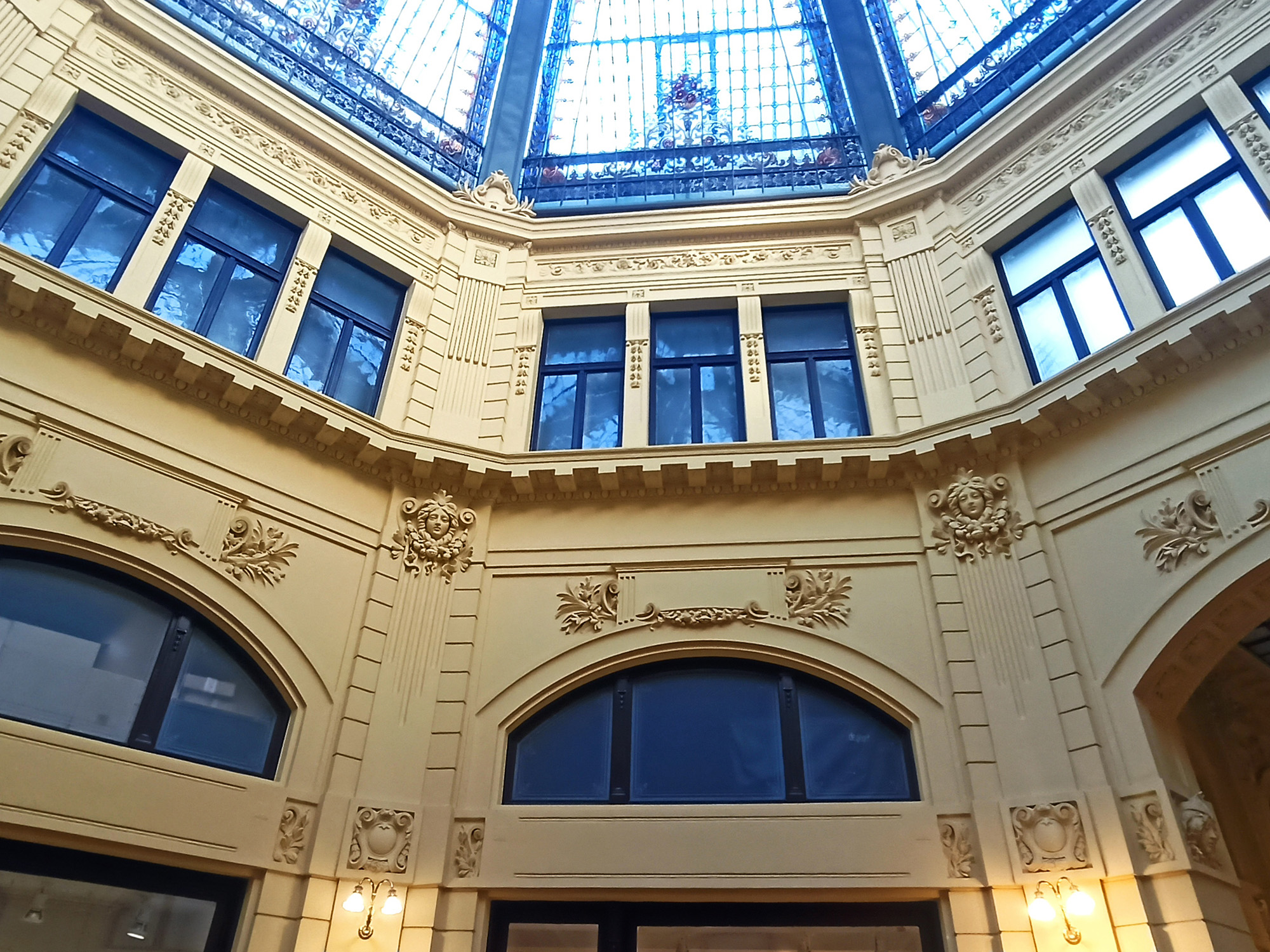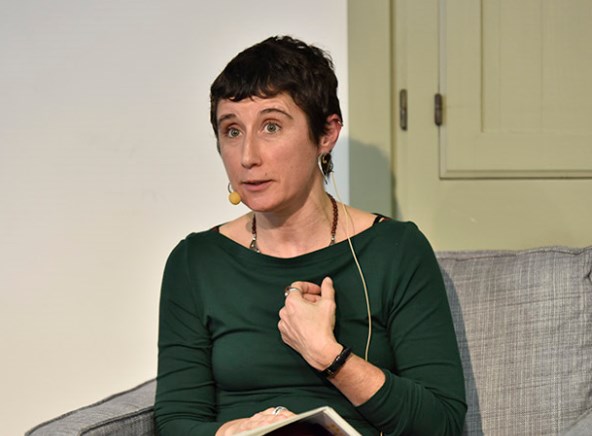Međunarodni kulturni odnosi Europske unije – Europa, svijet, Hrvatska
Sažetak izlaganja Cristine Farinhe (na engleskom jeziku):
Cristina Farinha from University of Porto discussed about the importance of cutural networks in the last 10 years and how the level of mobility within the European Union has changed. According to Farinha, cultural sector is still faced with the same problems as it was 10 years ago, with some of the issues nowadays got even worse. There is a geographical division between „global North“ and „global South“ when it comes to defining the source of these problems with most of them being located in the South. But the rapid development of digital resources have helped in creating cultural networks and they facilitated the communication between „North“ and „South“. Therefore, networks have still remained an important tool for knowledge and experience sharing.
Farinha argued that by 2009, we lived in „age of innocence“ – we were enchanted by the benefits of free movement and single market in the European Union. But Europe is consisted not only of European Union member states, but also of third countries. Single market is fundamentally still not fully established because of the national policies and different legislations of European Union’s member states. That is the reason why we have not achieved equality in access to mobility 10 years ago, with mobility being a key factor for cultural cooperation within and outside the European Union. There are number of programs developed in order to increase international cooperation capacity and mobility streams. The most important of them is certainly Erasmus program.
Farinha underlined the need for expanding the Erasmus program on artists and cultural professionals as beneficiaries that would help in achieving global purpose and to include additional actors and stakeholders. That is the way to create new kinds of partnerships, but also to boost the relation between various branches of culture. In that way, cultural sector would reach higher level of dinamics. But the reality is unfortunately harder and more difficult with expansion of nationalism, migration and security issues that needs to be taken into account. Farinha added that there is an urge to find home and shelter for artists in exile and citizens from third countries. „Global North“ is still a major destination for everyone which causes further imbalance and asymmetry in citizens mobility and usage of EU funds. The soultion would be in adoption of long-term strategy and capacity building with emphazis on mobility, citizenship and environmental issues. In order to achieve that, we have to become more flexible on knowledge and information sharing and we need to discuss more about the importance of intercultural dialogue.



